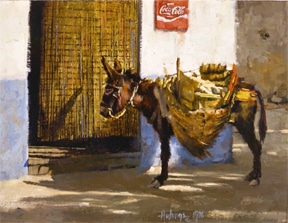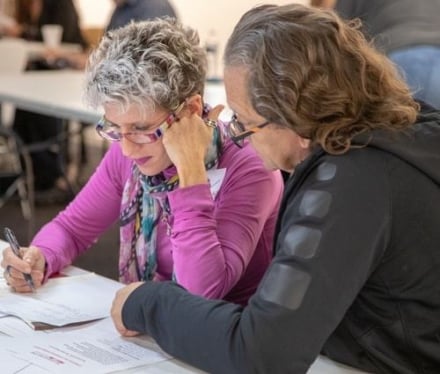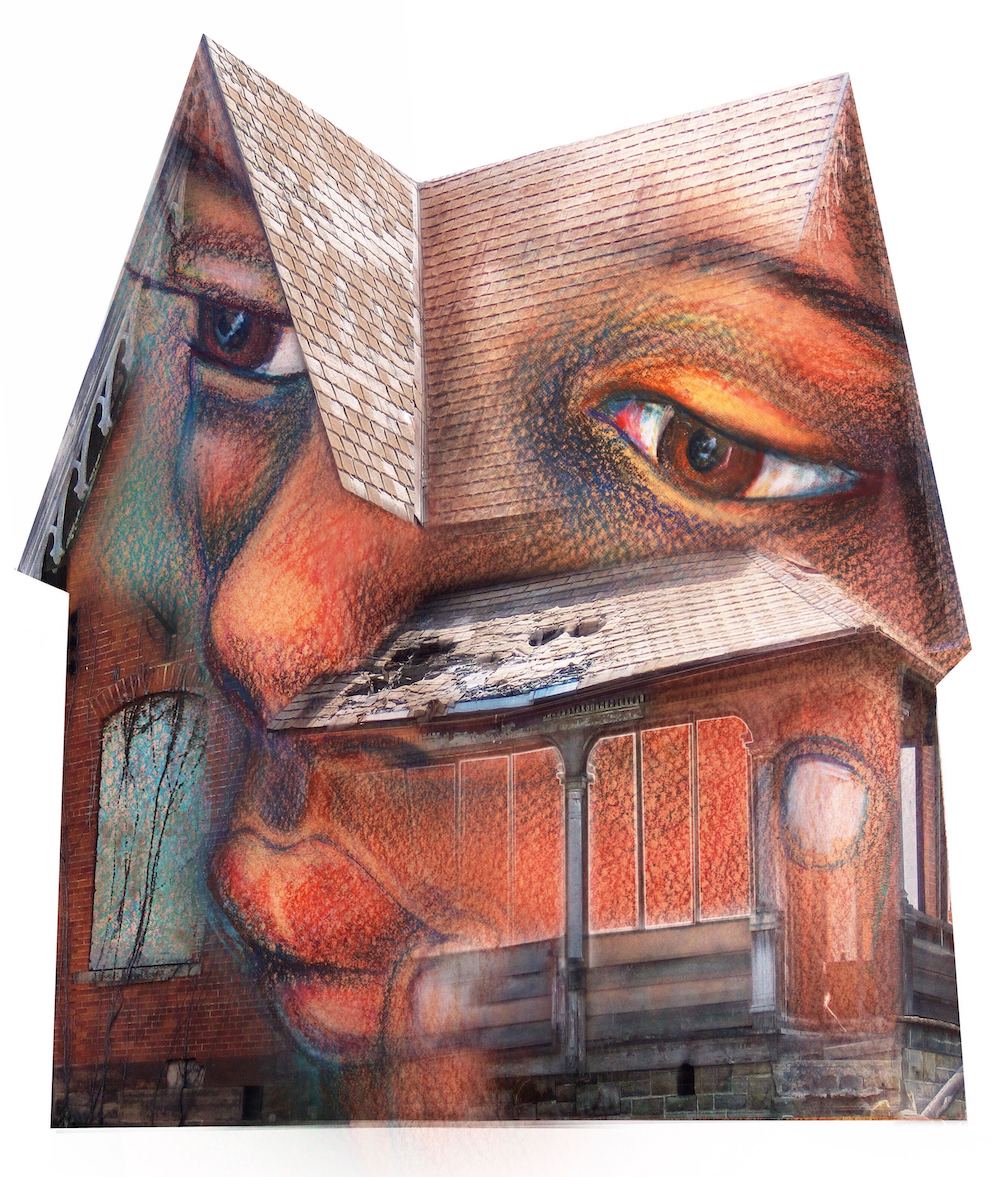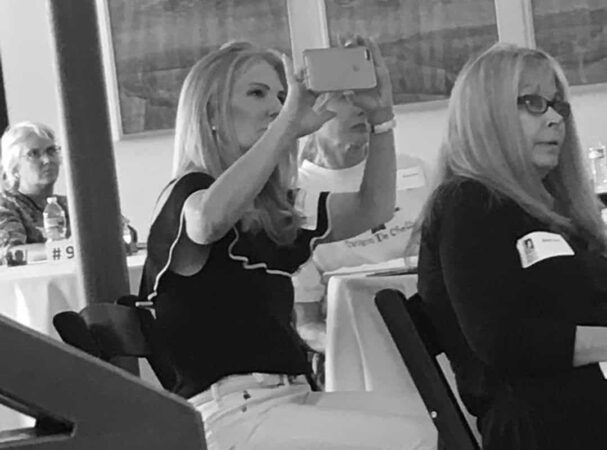
Well, it’s July. We have entered the second half of the year, and it’s time to review, adjust course and then spring back into action for the next six months. Before that, though, I want to take a moment to remember the big picture. As a business strategist, I demand this of my clients, so I’d better do it for my own organization!
The Clark Hulings Foundation For Visual Artists exists to support painters, artists who work on paper and sculptors with business. This focus is not the result of a discounting of the value of training and support for the creation of artwork, but rather as a recognition that talent and technique are not enough to ensure a living. My father talked all the time about the importance of continual artistic training. He never stopped honing his own drawing skills at The Art Student’s League of New York and Spring Street Studio and taking long sketching trips. I grew up in the back seat of a rent-a-car parked next to a barnyard or landscape that he was painting en pleine aire. But programs and services that support artists with business are scant. So CHF concentrates on that.
Attaining Perspective
Why is business training for artists so hard to find? There are such programs for art industry professionals – for dealers and appraisers and advisors and lawyers and etc. But not so much for artists, who are supposed to concentrate on their craft, not on the crass world of business. The theory has been that artists must be removed from all that, left alone on the pedestals of their studios, immersed in their creativity. Great, except then they have no control and, in the end, no revenue. All of that goes to the industry professionals.
The Foundation provides business support because we reject this paradigm. We believe that visual artists are perfectly capable of managing their own affairs and building their own careers, if only they get the training and support to do so. No one ever suggests that other small business owners won’t be able to practice effectively if they engage directly in their businesses. Surgeon’s hands won’t shake, litigators won’t lose their voices in court, carpenters won’t forget how to measure and cut things. So why will sculptors lose their visions, or impetus to create if they balance their books? Who decided painters must let dealers speak to potential buyers and set prices for them?
On the other hand, there are many pitfalls and extremely complicated parts of this profession: intellectual property and copyright issues, tax and estate, contracting, insurance, shipping – the art world is complex! Artists deserve to have resources that explain all of these quickly moving parts properly. They must be able to acquire this information from independent sources who do not have agendas of their own.
At The Clark Hulings Foundation we know that artists are just as competent as anyone else and, in fact, many are more adept at running a business than are their small business-owning peers in other industries. They have to be, because their industry is tougher, and few art schools teach business. So The Foundation strives to bridge this training gap and overcome this prejudice. And the recently passed Fourth of July is a great reminder of why we must always remember this mission.
The Foundation is still new, but we have already come a long way, and we have very big plans. To realize them, we will need tremendous focus, determination and support from all quarters. If you’re nodding your head as you read this, please give us your support today.







